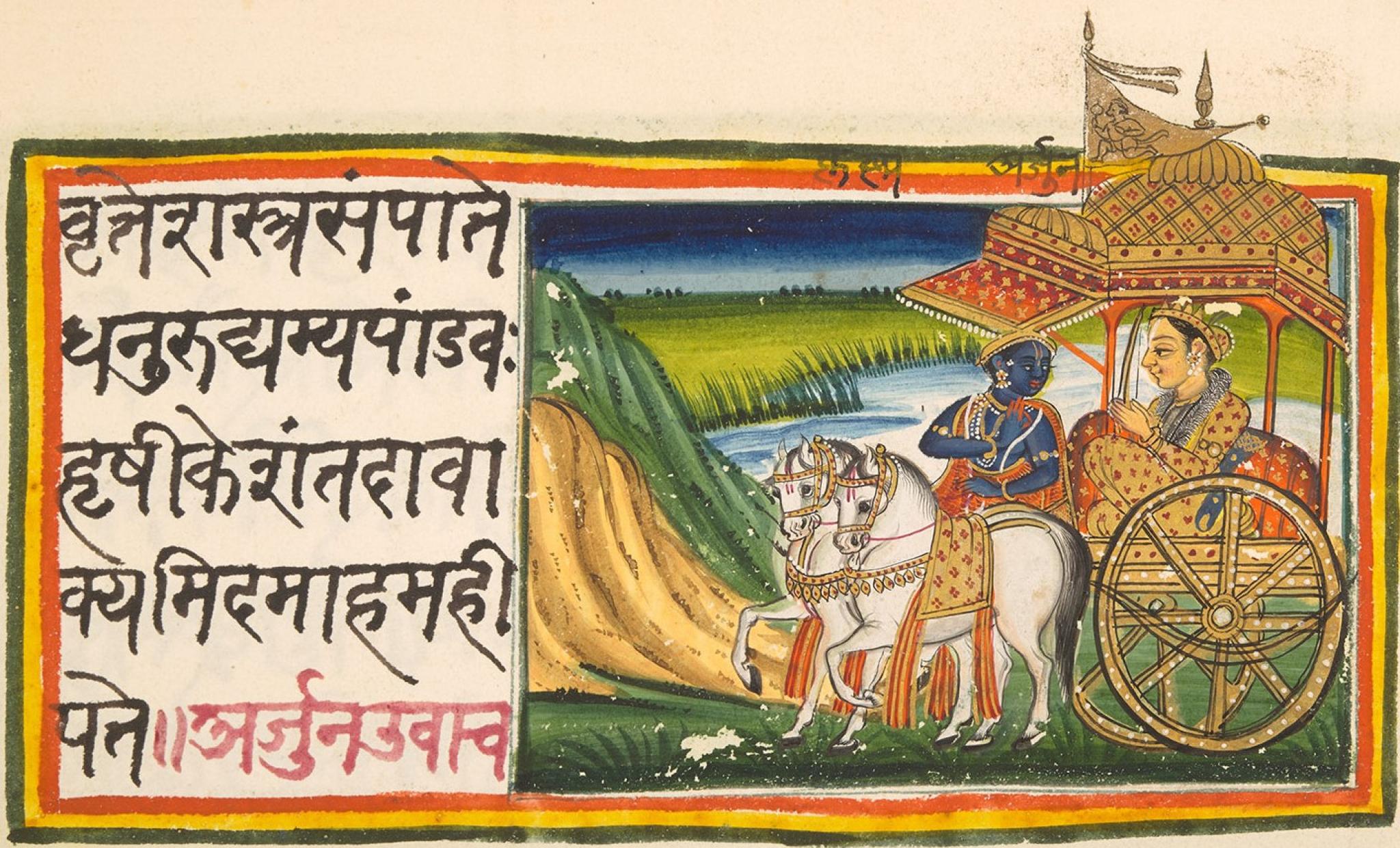Sanskrit, the classical language of India, opens new worlds into timeless Hindu and Buddhist traditions and is critical for those interested in yoga and meditation. Sanskrit is the key to the civilisational treasures of Indian culture, history and thought. As the language of Hinduism, Buddhism and Jainism, Sanskrit provides direct access to a vast repository of literary, scientific and philosophical wisdom and is the primary language of classical Indian art, music, dance, literature and religion. Sanskrit is also essential for students of historical and comparative linguistics and provides a basis for the study of modern Indian languages. Many of our students are yoga teachers or practitioners, adherents of Indian spiritual traditions, and students of South Asian heritage who wish to learn more about their cultural roots.
Program
The Sanskrit program at the ANU is unique worldwide as we teach the language as part of a living tradition. Unlike most other programs, we seek to balance the reception of the language with its production. In our class, in addition to the essential study of grammar and texts, our students learn to sing, chant and speak Sanskrit. Following the first year, during which we cover basic grammar and conversation, we explore some of the great classics of Sanskrit literature, including the epics, dramas, courtly poetry and philosophical texts. At the same time students explore the historical and philosophical setting in which these works evolved and the role they play in Indian culture. By the end of our program, our graduates are confident, competent and independent scholars, well prepared to embark on further research in Sanskrit studies.
Study options
Our program was one of the first at the ANU, and certainly the first Sanskrit program worldwide, to be offered with an entirely online option. Students may complete up to four years of Sanskrit with us at the rate of one course per semester. The first-year program is based on our award-winning 'Joy of Sanskrit' eText (ANU Press). Student work through conversation, chanting and written exercises each week, before meeting for a two-hour workshop each week. In class, we review the week's material, and sing, talk and compose together. In later years we also follow this 'flipped-classroom' model in which students work independently for up to eight hours before coming together in class to analyse, sing, and importantly, enjoy the material at hand. Students can complete a two-year minor, a three-year major or a four-year graduate diploma in Sanskrit. Our program is available to any ANU student, or to external students and interested members of the public through Open Universities Australia.
Undergraduate courses Sanskrit 1, Sanskrit 2, Sanskrit 3, Sanskrit 4, Sanskrit 5, Sanskrit 6, Sanskrit 7 and Sanskrit 8. See ANU Programs and Courses for study options. See Open Universities Australia for studying Sanskrit 1-8 as subject.
The School of Culture, History and Language places a unique emphasis on in-country experience. For more information on exchange programs and in-country language opportunities, visit the ANU global programs or enquire education.chl@anu.edu.au.
ANU Students:
- Major (48 units)
- Minor (24 units)
- Learn online
- Can be incorporated into Bachelors and/or Masters programs as electives
- Study Abroad Opportunities: Year In Asia, Study Tours & In-Country Leaning Opportunities
Non-ANU Students:
- Learn online as a Non Award Student
- Learn online via Open Universities Australia
